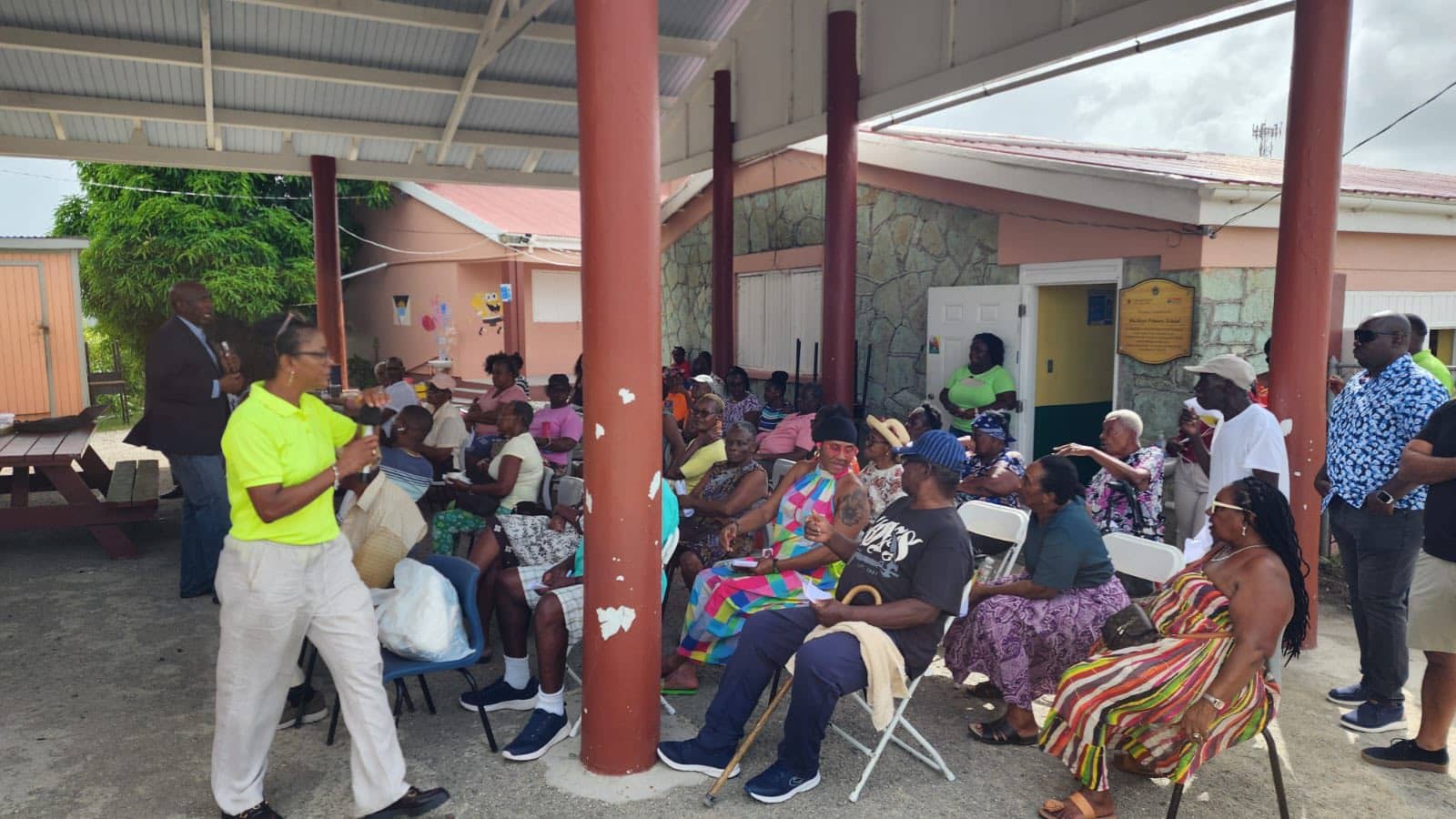A groundbreaking report by the World Bank and the Pan American Health Organization (PAHO), titled *No Time to Wait: Resilience as the Cornerstone of Primary Health Care in Latin America and the Caribbean*, has issued a stark warning about the region’s fragile primary health care (PHC) systems. Released during PAHO’s 62nd Directing Council in Washington, D.C., the report highlights the dire consequences of failing to bolster PHC resilience, projecting up to 165,000 preventable deaths and economic losses ranging from $7 to $37 billion in the event of a health crisis. These losses could include 11,300 maternal deaths, 10,000 child deaths, and over 149,000 fatalities from noncommunicable diseases, alongside 14 million unintended pregnancies. The COVID-19 pandemic exposed the region’s vulnerabilities, with Latin America and the Caribbean accounting for 30% of global COVID-19 deaths despite representing only 8.5% of the world’s population. Essential health services, such as maternal care, childhood immunization, and chronic disease treatment, plummeted by up to 50%, with some countries experiencing prolonged disruptions. The region’s susceptibility to natural disasters, including hurricanes, floods, and vector-borne outbreaks, further exacerbates the crisis. The report emphasizes that resilience—defined as the ability to maintain essential services equitably before, during, and after shocks—is not a luxury but a necessity for health security, social stability, and economic growth. To address these challenges, the Commission proposes a five-point action plan: expanding equitable care models, embedding public health functions within PHC, centering communities in decision-making, fostering cross-sector collaboration, and securing sustainable financing. The report serves as a clarion call for governments to prioritize PHC resilience, invest urgently, and ensure universal coverage to safeguard lives and economies.
Weak primary health care threatens lives and economies –PAHO Lancet Regional Health Commission report
